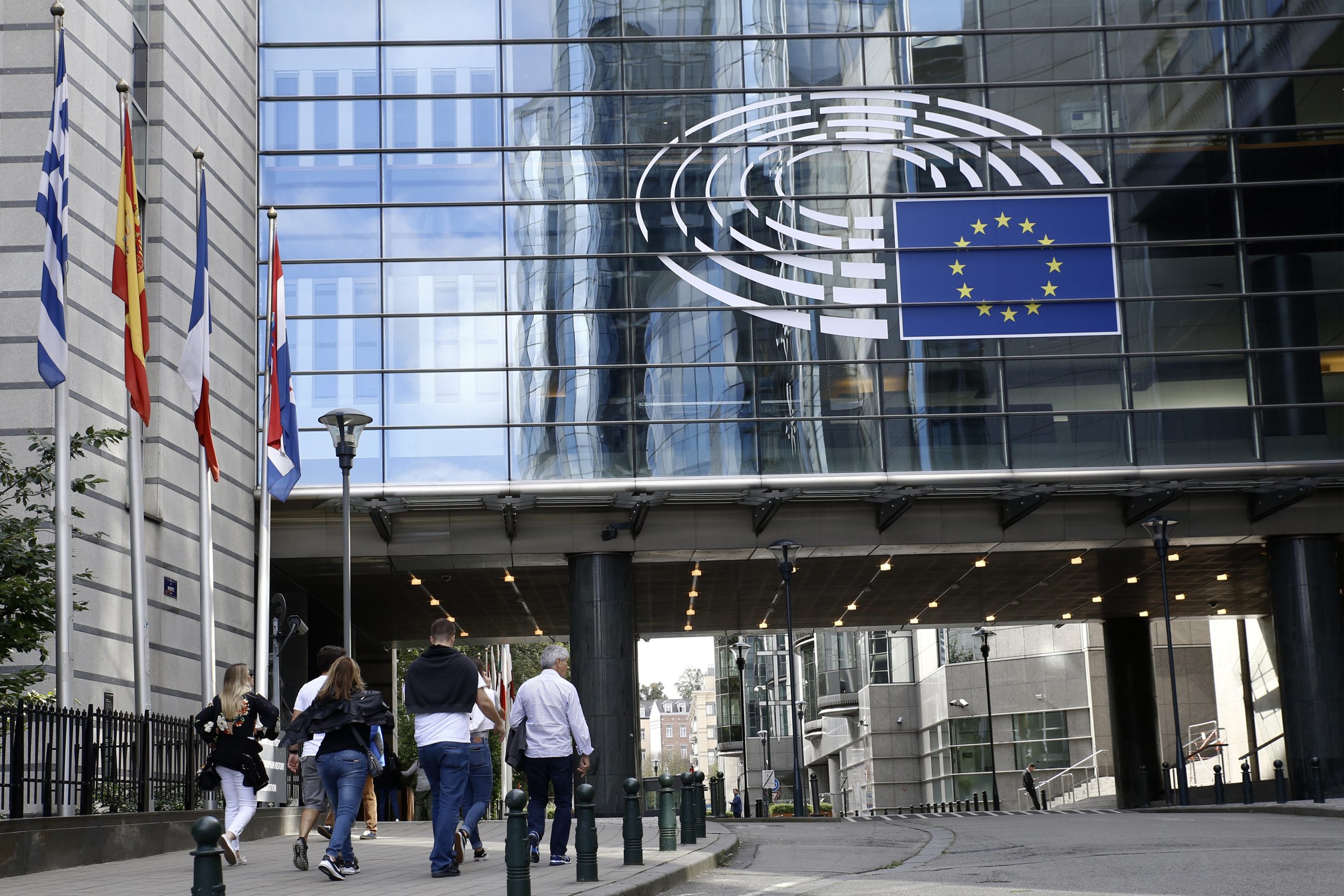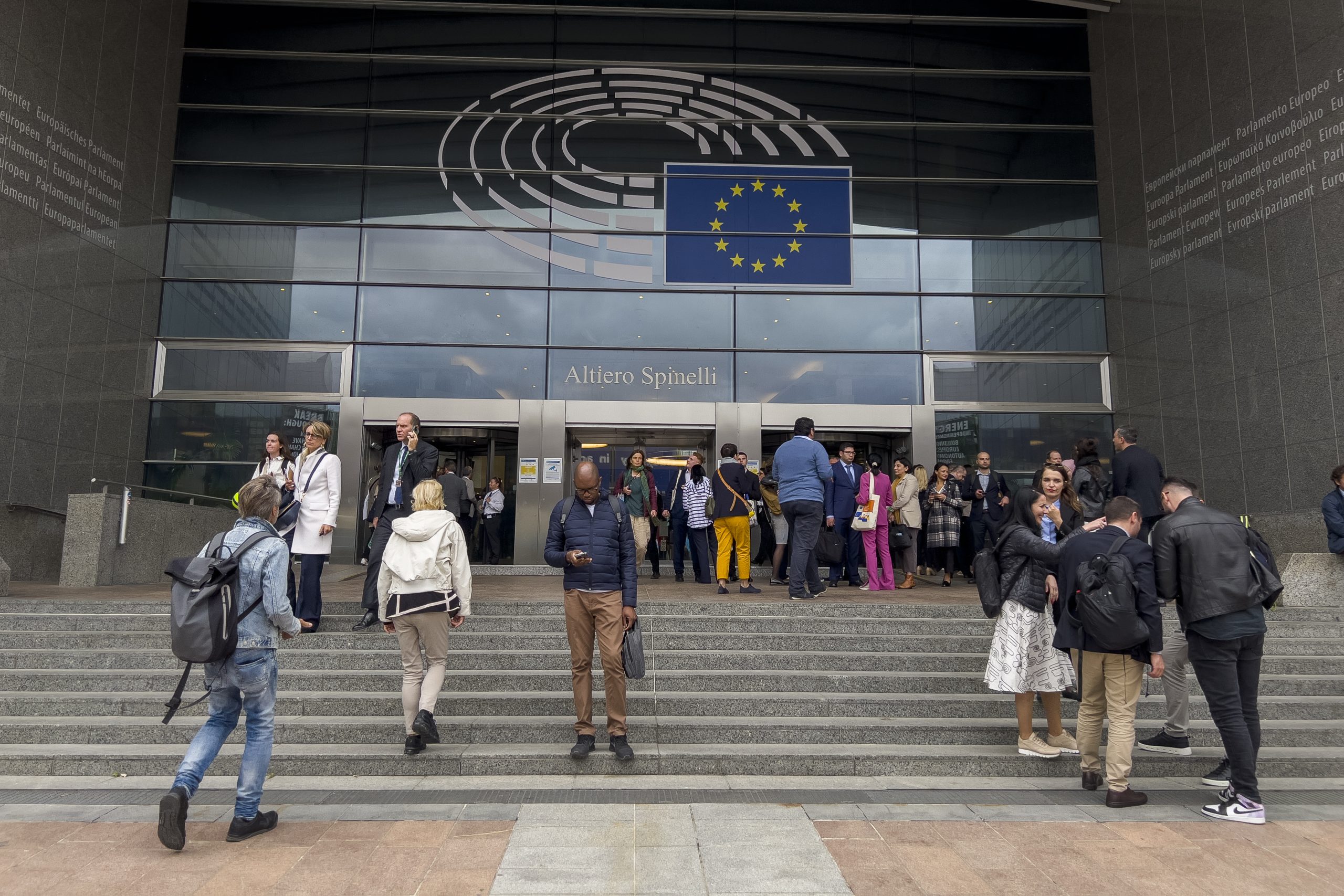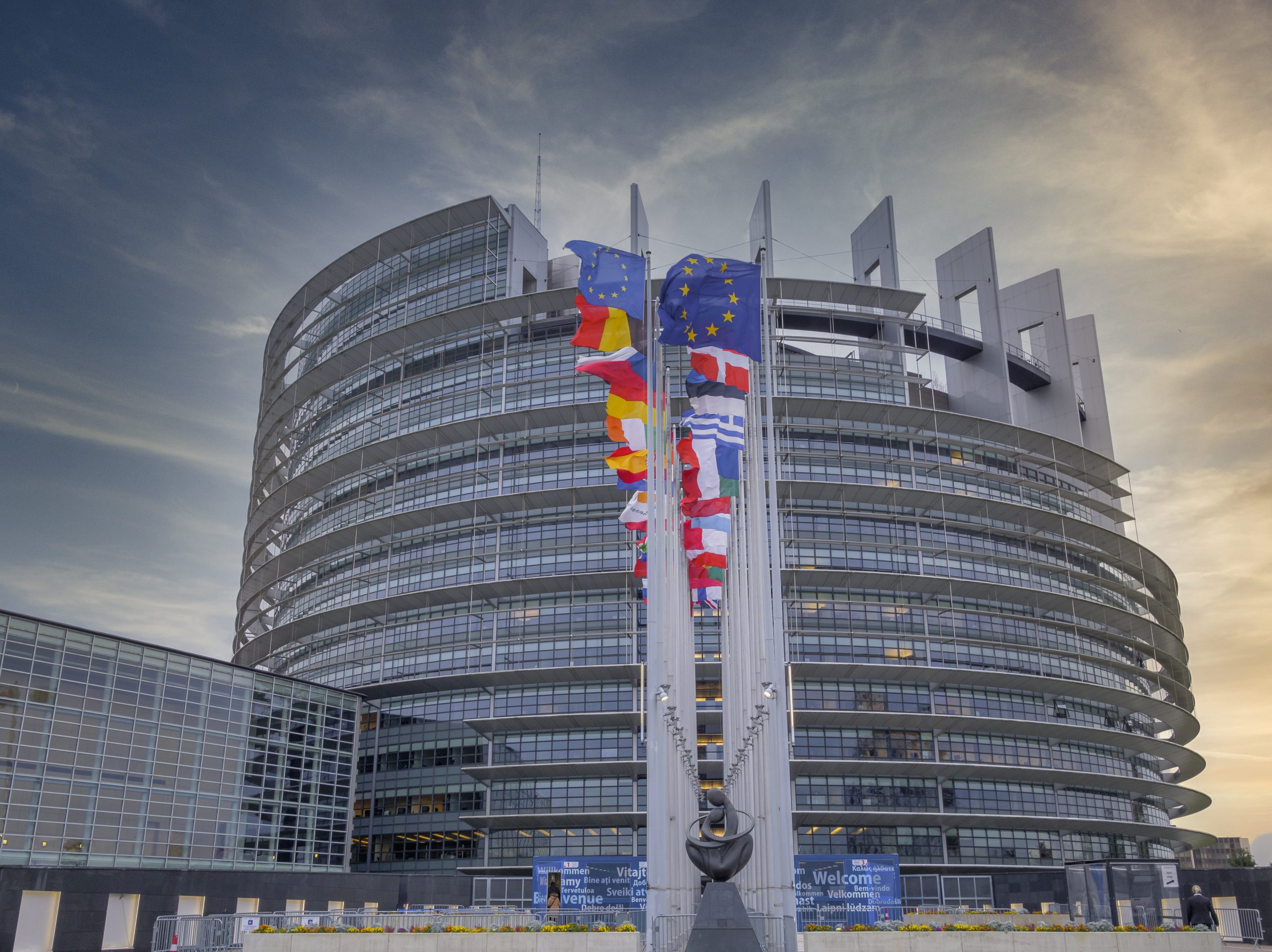Striving for Digital Age Fitness: The EU’s Quest to Pave the Way for a New Global Digital Era
In an era defined by the relentless march of technology and the ever-expanding digital landscape, the European Union (EU) stands at the forefront of a global legislative revolution. The global digital revolution is an opportunity for the EU to wield its unparalleled powers and redefine the rules of the game. With 27 sovereign Member States aligned in purpose, the EU is poised to shape the destiny of digital law and navigate the complex terrain of a rapidly evolving world. The digital journey not only harmonizes EU Member States’ national digital markets but also exert its influence on the global stage, setting a standard for digital legislation worldwide. The success of extending the influence of EU Digital Law beyond its borders remains uncertain, but one thing is clear: the EU has the capability to redefine our digital future. The article delves into the evolution of EU Digital Law and summarizes its opportunities and challenges.
Regarding EU Digital Law, I have already argued that digital transformation presents an unprecedented opportunity for the EU to wield its powers and shape global legislation while striving to become “Fit for the Digital Age.” The beauty of the globalization of digital platforms is that it enables the collision of different approaches toward the legislation. One aspect is the concept of free speech and controlling the platforms’ dialogues via content moderation activities. To what extent platforms feel free to do so (Section 230 of CDA in the United States, First Amendment is not applicable against private actors, etc.) and to what extent they are expected to moderate content (like in the European Union under the Digital Services Act) is a very divisive issue.
The emergence of the information and network society has redefined the role of states in Europe, giving rise to what can be termed the ‘service provider state’. In this context, governments are tasked with enabling innovation in the private sector and boosting their own competitiveness by fostering domestic industries and innovation. The EU recognized the significance of this digital transformation early on and initiated programs, such as ESPRIT, RACE, and AIM, in the 1980s to stimulate the development of information and communication technologies.
The pivotal moment came in 1994 with the Bangemann Report, urging legislative action in areas like data protection, intellectual property, and network security to position the EU as a leader in shaping the rules for the information society. This was followed by various action plans and strategies, culminating in the Digital Single Market (DSM) strategy launched in 2015.
The DSM strategy aimed to transform the fragmented landscape of 27 national digital markets into a unified digital single market. It sought to remove virtual borders, enhance digital connectivity, facilitate cross-border access to online content and services, and strengthen digital competitiveness. The current EC administration, led by Ursula von der Leyen, is committed to advancing this digitalization process, with 20 new legislative and non-legislative initiatives introduced to achieve digital objectives by 2030.
Among these initiatives, the Digital Services Act (DSA) and the Digital Markets Act (DMA) stand out as transformative measures. The DSA aims to upgrade liability and safety rules for digital platforms, services, and goods, while the DMA addresses anti-competitive practices by digital “gatekeepers.” These legislative proposals are ambitious and have the potential to set global standards for digital regulation.
Digitalization and European Law: Opportunities and Challenges
Digitalization represents a unique opportunity for the EU to leverage its soft power effectively. The EU has a history of promoting close cooperation among its Member States, often seizing opportunities arising from challenges and crises. Recent events, such as the economic crisis, the COVID-19 pandemic, and energy crises, have demonstrated the EU’s ability to apply both hard and soft powers to foster cooperation in various policy areas.
Digitalization is a soft power in the EU’s toolkit because it doesn’t necessarily require new competences but can be addressed through existing policies and regulations. The EU can use its market power and legislative authority to set common standards and concepts in the digital sphere. For example, determining the age at which an individual is considered a minor in the digital realm is not straightforward, and achieving consensus at the fundamental level is essential.
Furthermore, digitalization can enhance European digital sovereignty. This concept involves maintaining control over citizens’ data while facilitating business transactions and interactions with private corporations. Effective digital legislation can contribute to Europe’s strategic autonomy in the digital realm, promoting data protection, cybersecurity, and ethically designed artificial intelligence.
The EU has already translated its digital ambitions into 20 new legislative and non-legislative initiatives under the DSM umbrella, with proposals ranging from a Data Act to measures addressing foreign subsidies. The DSA and DMA, in particular, are poised to influence global digital regulation, given the extraterritorial impact of these laws.
While digitalization offers significant opportunities, it also poses formidable challenges. One of the primary challenges is harmonizing the divergent national laws of the EU’s 27 Member States in the digital realm. Balancing the interests of Member States with their distinct legislative traditions and priorities is a complex task, especially when time is of the essence in the fast-paced world of technology.
Digitalization also tests the EU’s ability to make its tech and internet standards extraterritorially applicable. The EU’s position as the largest single market in the world grants it significant market power, which can influence third-country actors to adhere to European standards. For instance, the General Data Protection Regulation (GDPR) has extraterritorially influenced countries like the USA.
Becoming a global leader in technology regulation is another challenge. The success of the EU in this regard depends on its ability to harmonize national laws and influence third-country jurisdictions. Additionally, digitalization presents an opportunity for the EU to evolve into a closer confederation of sovereign nation-states, and the manner in which it addresses this challenge will determine the future course of European integration.
Concluding Thoughts
Digitalization is both a catalyst for innovation and a driver of regulatory complexity. Balancing the need for harmonized rules with the risk of overregulation is a delicate task. Ensuring that all regions and sectors of the EU benefit from digital policies, promoting cooperation with third countries, and respecting both public and private interests are key principles for crafting effective digital legislation.
Transparency, accountability, respect for fundamental rights, and adherence to competition laws should guide the development of digital laws in the EU. These laws should also consider the unique challenges posed by the digital realm, such as striking the right balance between protecting freedom of expression and combating illegal content.
In conclusion, digitalization represents a pivotal moment in the EU’s evolution, offering the opportunity to shape global digital legislation and strengthen European integration. By effectively wielding its soft power in digital law, the EU can lead the world in navigating the complexities of the digital age, harmonizing regulations, and fostering innovation and competitiveness while upholding fundamental values and principles. The European Union’s role in shaping the future of digital law is not just an opportunity; it’s a global imperative.
As the EU continues to navigate the intricate waters of digital law, it holds the promise of not only transforming its own landscape but also leading the world towards a digital future that champions innovation, security, and the values we hold dear.
Lilla Nóra Kiss, PhD, visiting scholar and adjunct faculty at Antonin Scalia Law School, George Mason University, Post-Graduate Visiting Research Fellow at the Hungary Foundation. Lilla is the co-founder of the working group FICE (Freedom and Identity in Central Europe) and works on tech policy issues in a Euro-American comparative perspective. Email: lkiss@gmu.edu








